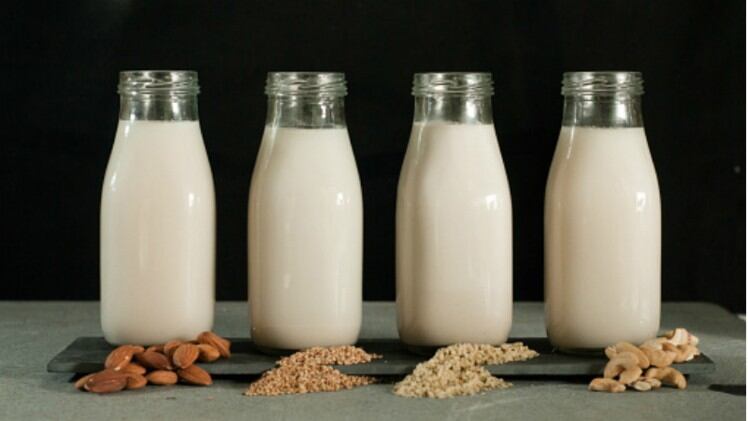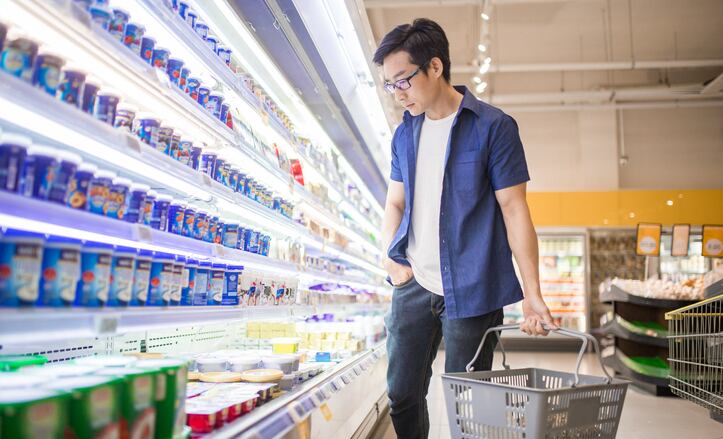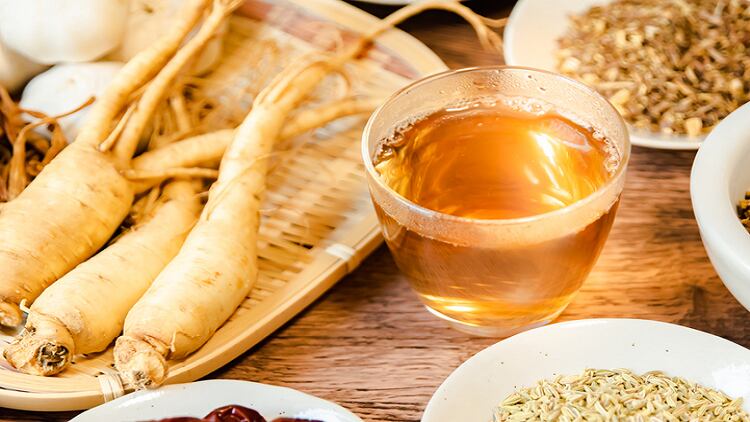‘Holy grail’ of alternative protein: BlueNalu confident in cultured seafood profitability as industry matures
Cultured seafood pioneer BlueNalu believes the sector will become one of the most profitable and successful alternate protein options in the near future, based on its rapid maturation as well as widespread demand in regions like Asia.
BlueNalu is based in California, but the firm has a keen interest in developing into Asia, having designated the region as one of its major targets to establish a foothold and develop physical manufacturing facilities in within this decade.
According to BlueNalu CEO Lou Cooperhouse, amongst all the existing alternative meat technologies and products being developed today, he believes that cultured seafood is the ‘holy grail’ for the alternative protein sector, particularly so in Asia.
“When I started looking at the alternative protein sector, I was studying all the opportunities that might exist in that world and was fascinated by all the options i.e. plant-based, fermentation technology and cell culture technology,” Cooperhouse told FoodNavigator-Asia.
Dairy-free 'mylk' bases: Ulu Hye co-founder on pioneering new category while juggling young family - Podcast
In this episode of our Food and Beverage Trailblazers podcast we speak to Heidi Peuten, Co-Founder of Ulu Hye, about her pioneering journey to create the world’s first dairy-free mylk bases, and life juggling entrepreneurship with a very young family.
Australia-based Ulu Hye is the creator of dairy-free mylk bases, which are essentially concentrated bases made from nuts and/or seeds that are blended with water to become plant-based ‘milk’ that can be used just like any other dairy alternative milk.
Mylk bases are a world-first concept within the alternative dairy space, and were developed with a focus on waste and carbon footprint reduction, according to Peuten.
“The thing about the [cartons] used today is that only a really small percentage of these cartons are actually getting recycled, so a majority of them are still ending up in landfill,” she told FoodNavigator-Asia.
Step-by-step: Hybrid products ‘steady strategy’ for alt protein industry to convert consumers - experts
Hybrid meat products comprising ‘real’ meat and plant-based meat have been hailed as one of the steadiest strategies available for the alternative protein industry to convert consumers, gain acceptance and maximise its reach in Asian markets.
Hybrid meat products could be a combination of plant-based protein with either conventional or cultured ‘real’ meat, and industry experts believe that ironically the presence of this ‘real’ meat in products could be what crucial to converting consumers to eventually reducing their consumption of traditionally-produced meat.
This is especially so in Asia, a region where meat is a very important part of local diets and considered by many cultures to be not only a status symbol but also critical to health functions, making a sudden switch or abrupt acceptance of 100% plant-based foods somewhat more difficult.
“Many foods in countries like Malaysia are centred around animal-based meats [and] it would be very difficult to get consumers to just give that up wholesale,” jackfruit-based meat firm NANKA Co-Founder Ahmad Syafik Jaafar told FoodNavigator-Asia.
Targeting non-vegans: UAE’s Freakin’ Healthy expands into ready-to-eat category with clean label vegan cheese spread
UAE-based snack company Freakin’ Healthy is further expanding its better-for-you product range with the launch of a new plant-based cheese spread.
Established in 2018, the firm is best known for its clean label, vegan and healthy chocolate bars, superfood bars and protein balls, after which it launched a vegan meal subscription service in 2020.
The release of the cheese spread, which comes in four flavours, marks its decision to expand the customer base and product portfolio under the ready-to-eat category.
“Our objective is to introduce more people to clean plant-based foods because a lot of consumers still don't understand the difference between clean plant-based and junk plant-based foods. The perception now is that if they go vegan or plant-based, it's automatically healthier, which is wrong because these products can actually be worse,” according to Roy Koyess, founder and CEO of Freakin’ Healthy.
Fermented future - Plant-based yoghurt set for rapid China growth but regulatory hurdles persist - WATCH
China’s plant-based yoghurt sector is being predicted to enjoy significant growth, even though such products sit in a regulatory grey area, according to exclusive insights in our latest FNA InnovATE edition.
The plant-based yoghurt sector is one of the sectors seeing the fastest growth within the dairy alternative products market, with this being especially apparent in China where the category is tapping on the existing local US$17bn yoghurt market and US$433bn snacking market.
Here, plant-based yoghurt is very much positioned as a premium item prized for health benefits, and its meteoric rise in China can also be attributed to the fact that some 80% of Chinese consumers have some form of lactose intolerance, according to Christiana Zhu, Co-Founder and CEO of Marvelous Foods, which makes China’s first coconut yoghurt brand Yeyo.
“In China, it’s safe to say that the major driver for plant-based products here is not so much sustainability or animal cruelty as it is health and nutrition, and adding the current age of COVID into the mix, many Chinese consumers are turning to plant-based because they want to be healthier so this is a key driver for the industry’s rapid growth in the country,” Zhu told FoodNavigator-Asia.




